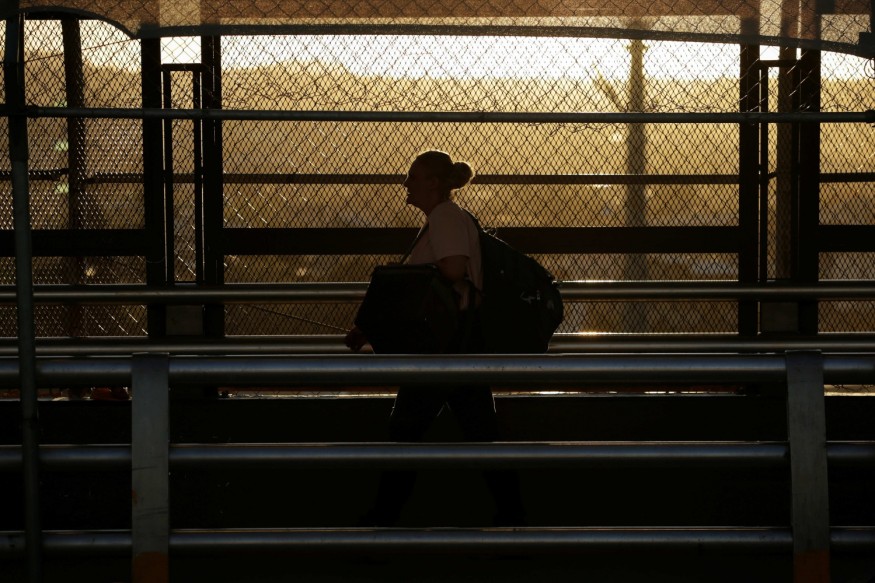Experts Question Mexico's Coronavirus Preparations

The World Health Organization announced an pandemic earlier this month of over 120,000 worldwide cases of infection and over 4,300 cases of fatalities. The World Health Organization has also urged administrations to step up prevention measures by means of monitoring, surveillance and isolation, saying countries still have a chance to change the direction of the pandemic.
The President of Mexico has encouraged the population to be calm and has also said that the government has the "capability to deal with the situation." AMLO has gone as far as waving off inquiries about Mexico's status in the pandemic.
Authorities claimed that the Mexican government is able to deal with the coronavirus pandemic, with only 15 reported cases in the nation. Although, some health professionals have been advising that the world has not yet learned of the last global H1N1 and swine flu outbreak.
The cumulative number of reported cases of the latest coronavirus in Mexico from months in a global virus outbreak-turned-pandemic, to date has been a meagre 15. However one doctor is not quite so certain of the precision of that.
The Head of Internal Medicine at ABC Hospital in Mexico City, Francisco Moreno Sánchez, has told the local media station on Wednesday that he is concerned about the country's shortage of diagnostic testing, and worries that "many more cases" circulate "undetermined."
He has said that the number of infections would have a "brutal" impact on Mexico if he is correct. Mexico's Ministry of Health had administered a total of 324 assessments as of March 11.
He also expressed his concern on how a widespread outbreak can affect the nation's health-care system. As of the moment, he added that there are only three medical centers accredited to check for COVID-19 in Mexico. However, an individual must have recently traveled to a country deemed "high-risk" or established contact with an infected person to get checked by a healthcare professional.
Part of Moreno's concern about the outbreak comes down to a lack of precautions at Mexico's airport terminals. At airports or any other ports of entry for the travelers to Mexico, the government has not introduced numerous border security procedures. Notwithstanding a policy proposed by the United States, the Mexican government had no intention to restrict international travel or close the borders.
Moreno argues that this strategy limits the reliability of case detection, as the infection has already traveled to over 100 countries.
Tracking measures have only been enhanced at Mexico's capital city airport following the 8th reported occurrence. On Thursday, the country postponed its first big global conference on tourism amid virus concerns.
Tourism is important for the economy of Mexico- an unprecedented 44 million international tourists entered Mexico in 2019. Moreover, it is also a popular destination site throughout North America for spring breakers.
According to Alejandro Macias, the former national commissioner for influenza in Mexico after the H1N1 epidemic, Mexico is now only monitoring people who have a direct link to the one who flew to a state considered high-risk, or who was in touch with a reported case.
Subscribe to Latin Post!
Sign up for our free newsletter for the Latest coverage!
© 2026 Latin Post. All rights reserved. Do not reproduce without permission.














